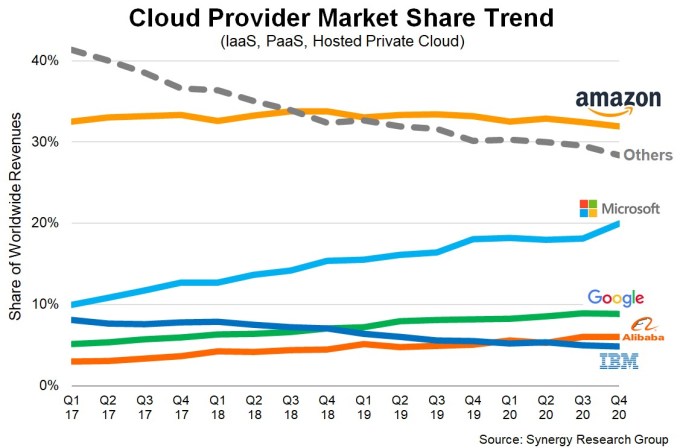Electric bike sales boomed in 2020, a phenomenon driven by the COVID-19 pandemic and the disruption it delivered consumers’ daily lives.
Now, Rad Power Bikes is reaping those rewards and using them to double its workforce and scale globally.
The Seattle-based startup said Thursday it has raised $150 million from institutional investors including Morgan Stanley’s Counterpoint Global Fund, Fidelity Management & Research Company, TPG’s global impact investing platform The Rise Fund and funds and accounts advised by T. Rowe Price Associates. Existing investors Durable Capital Partners LP and Vulcan Capital also participated in the round.
The funding round — the largest of a U.S. electric bike startup — is a validation of Rad Power’s business model and its ability to expand beyond the $100 million in sales it generated in 2019. Rad Power Bikes declined to disclose its 2020 sales numbers.
Rad Power is a direct-to-consumer electric bike seller known for creating robust products that combine features like fat tires, big batteries and motors with touchscreens and even cargo carrying capacity — all at prices hundreds of dollars below its competitors.
The company, which was founded in 2007, initially was a low-volume custom bike builder. That changed in 2015, after Rad Power founder and CEO Mike Radenbaugh teamed up with friend Ty Collins and relaunched as a direct-to-consumer business. That year, they funded the RadRover Electric Fat Tire bike through an Indigogo campaign. The company has evolved into a large-volume seller and today has 11 different bikes in its portfolio, which are sold in 30 countries.
Rad Power has added more than just bikes. The company has built out its online sales platform, pre- and post-purchase customer support teams, retail showrooms, service van and a local service partner network. The company has always been profitable even as it has expanded, Radenbaugh said.
The company has largely been bootstrapped, although it did raise a private round of a few million dollars in 2009 and a $20 million injection of capital in 2020. To date, Rad Power has raised $175 million — the vast majority of which came in this new round.
“I felt this was a special opportunity because we’re able to accelerate investments into a bunch of areas of the business where we’ve already been experimenting for years and that we found work,” Radenbaugh said.
The funds will be used to scale in just about every sector of its business, Radenbaugh said. Rad Power employs 325 people today and Radenbaugh said they plan to double the team by the end of 2021. The company also plans to add more retail showrooms and service locations, continue to add more contract manufacturers in an aim to diversify its supply chain, and add more accessories so consumers and customize their bikes.
The team that will grow the fastest is Rad Power’s research and development department, which is currently at about 35 people, Radenbaugh added.
“The core strategy is to continue to develop new vehicle categories,” Radenbaugh said. “So while we’ll still be an ebike company — and we’re always going to have pedals and it’s always going to have that type of experience — we will continue to create stuff that really blurs the lines between ebikes and scooters and mopeds and even the automotive industry.”



